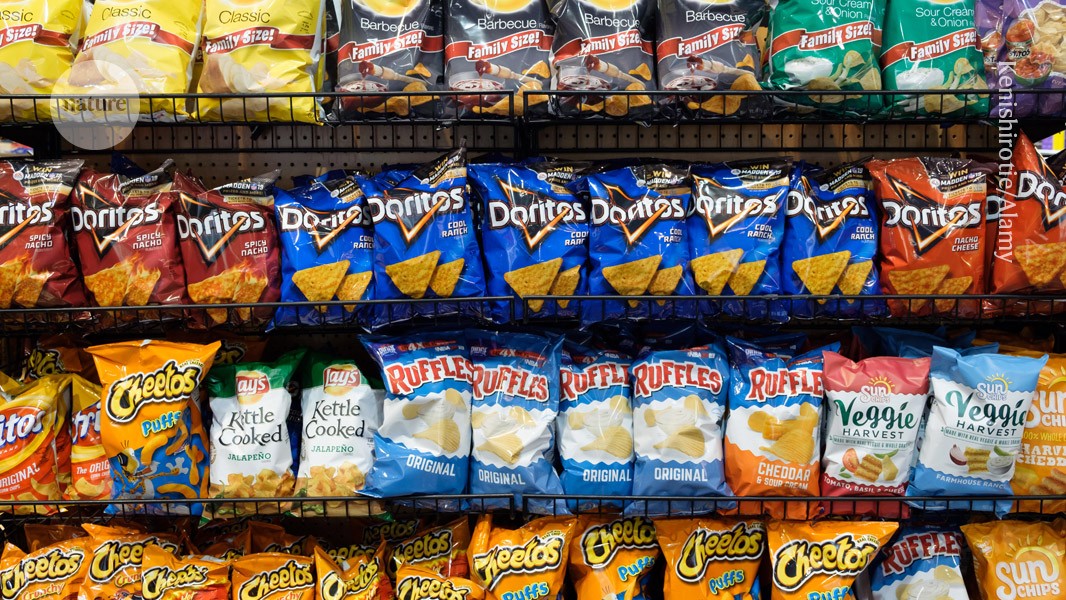
"People were buying less sugar to prepare cakes and desserts, but eating more of it in pre-made pastries and breakfast cereal. They were buying less salt, but consuming more of it in frozen pizzas, chicken nuggets and dehydrated packet soups. "We realized the problem was our traditional dietary patterns were being replaced by foods that are processed so many times that they can no longer be recognized in the final products. We called them ultra-processed foods.""
"Monteiro, a nutrition and public-health researcher at the University of São Paulo, first used the term ultra-processed food (UPF) in a paper in 2009, arguing that people interested in promoting healthy diets should focus more on the degree, extent and purpose of processing than on nutrient profiles. It was a radical idea that caught the attention of other researchers, who, over the next decade or so, published dozens of papers linking UPFs with obesity and a range of other health problems."
In the early 2000s Brazilian nutrition researcher Carlos Monteiro found that household purchases of sugar and salt had fallen while consumption of those ingredients rose through pre-made and frozen products. He identified foods processed so extensively that original ingredients are unrecognizable and labeled them ultra-processed foods (UPFs). Monteiro introduced the UPF concept in 2009 and urged focus on processing degree rather than nutrient profiles. Subsequent studies linked UPF consumption to obesity and other health problems. Several governments advised avoiding UPFs, starting with Brazil in 2014, and other countries followed.
Read at Nature
Unable to calculate read time
Collection
[
|
...
]